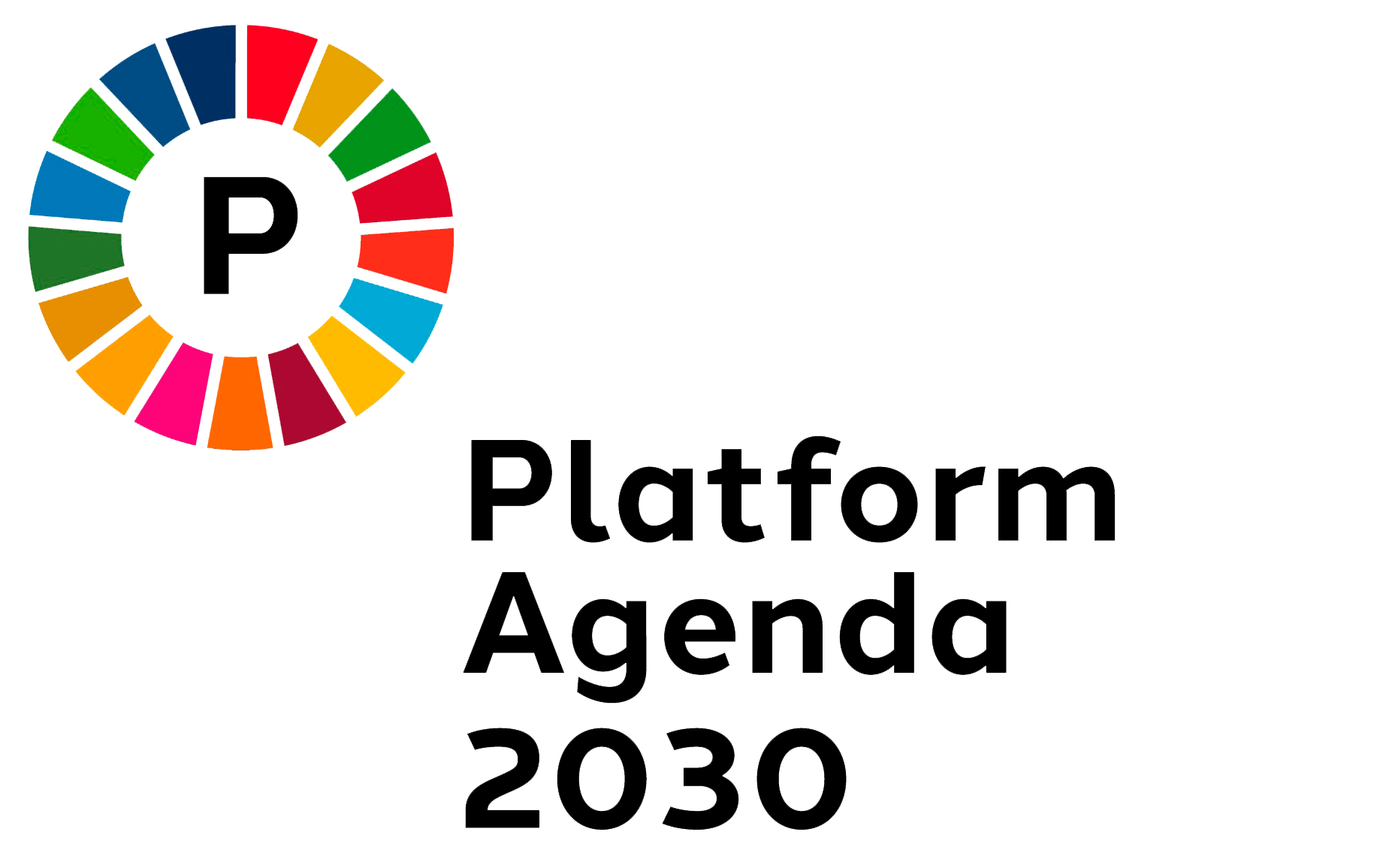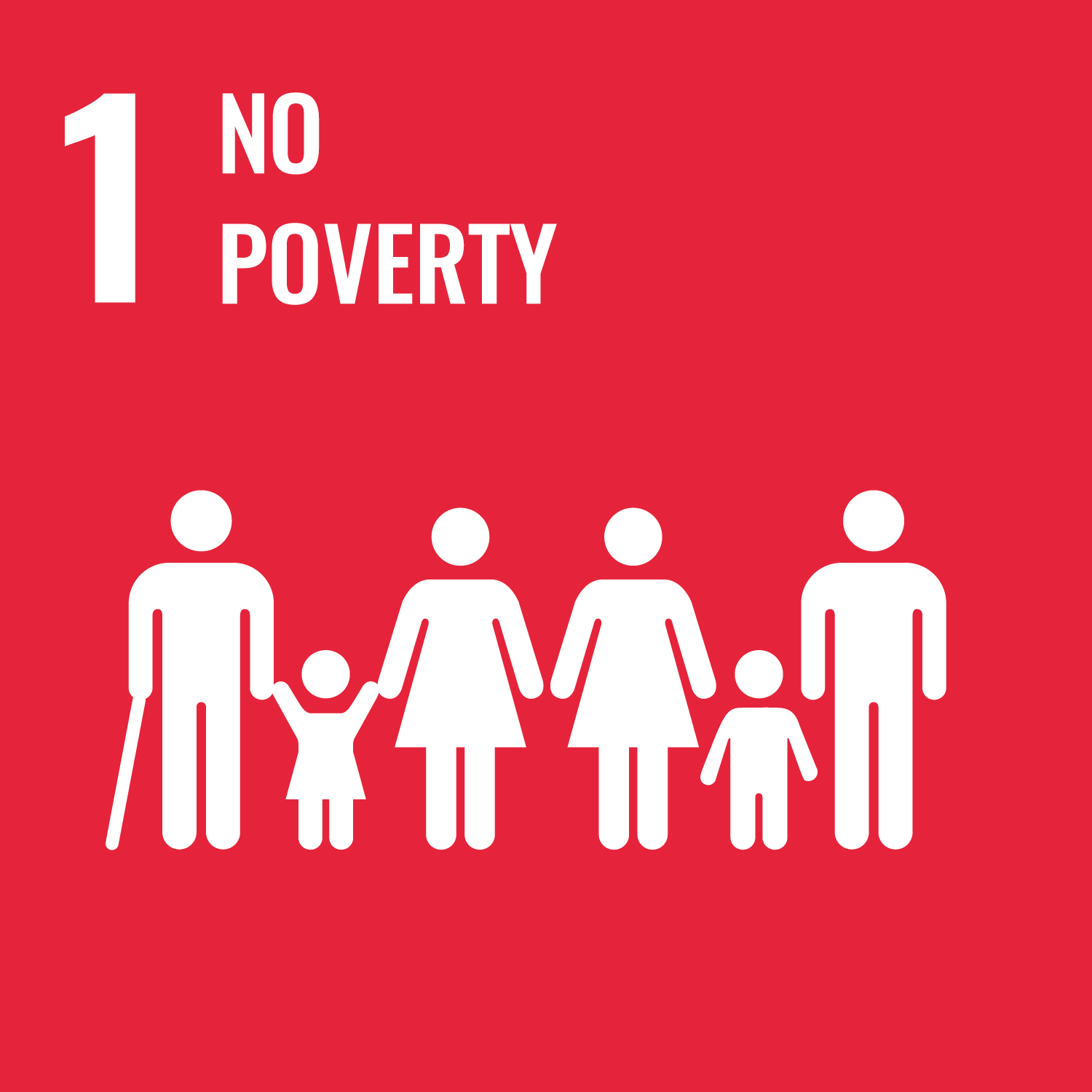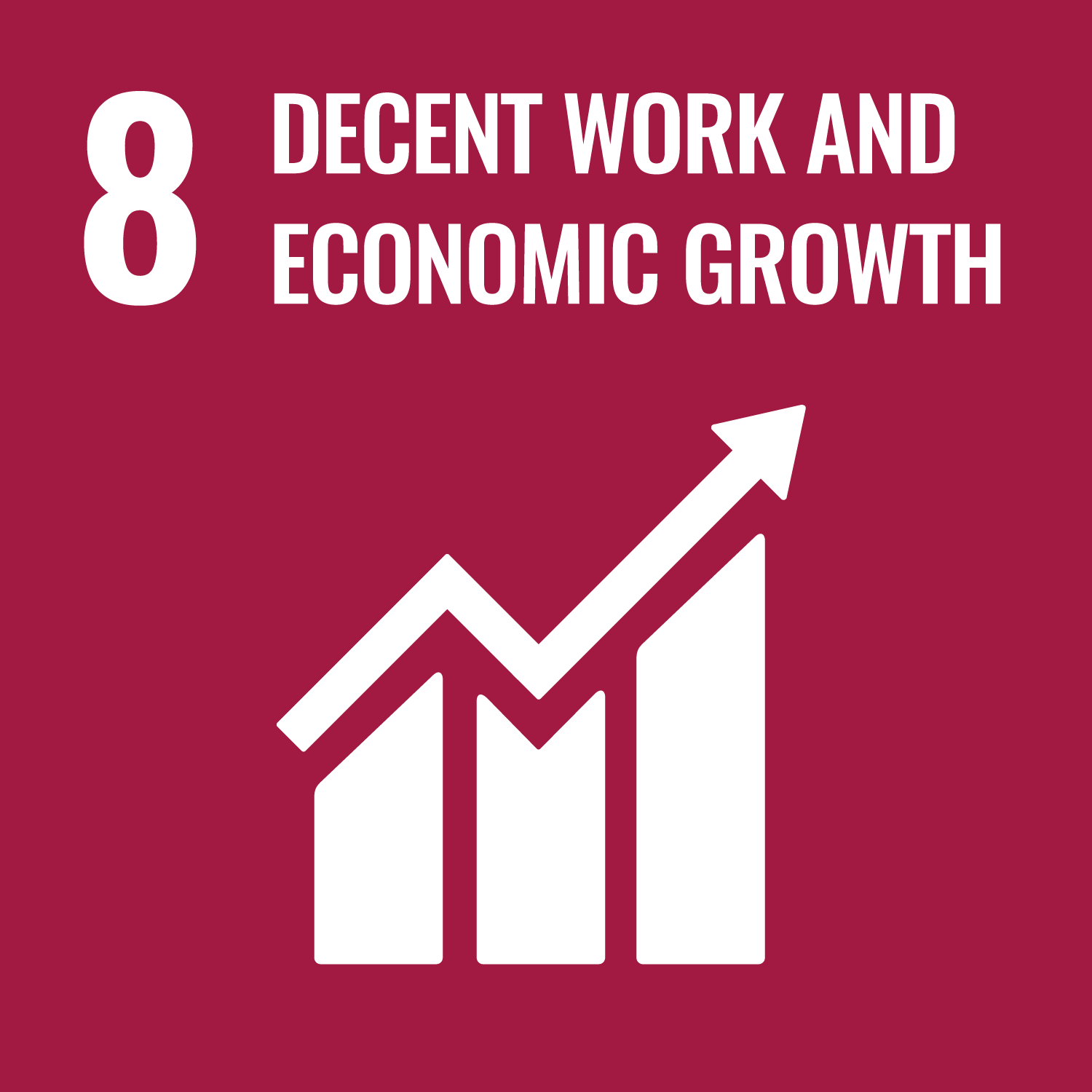No sustainable consumption without sustainable production
Switzerland is a long way away from being a resource-efficient circular economy. Our present, linear economic model consumes resources and raw materials and produces waste. It accrues some 780,000 tonnes of plastic waste every year, while around 2,800,000 tonnes of food is simply thrown away. Although certain companies are showing the way, the Federal Council does not yet have a clear strategy for the necessary framework.
Instead, subsidies today still too often encourage farming practices, damaging air transport and meat consumption that harm biodiversity. The Federal Council unilaterally prioritises voluntary action, but what is needed are binding measures. In addition to educating consumers and raising their awareness of the issues, external costs such as negative impacts on the environment and society must be internalised. Products that reach the shelves must meet minimum environmental and social sustainability standards.
Meanwhile, the public sector itself is a major economic actor. The federal government, cantons and local authorities purchase goods worth around 40 billion francs annually in the shape of uniforms, IT infrastructure, kerbstones, or coffee and chocolate for public-sector canteens. Parliament made a clear commitment to greater sustainability with the new Federal Act on Public Procurement that entered into force in early 2021. It states that suppliers may be required to satisfy much more far-reaching sustainability criteria than was previously the case. When it came to the relevant secondary legislation, however, the administration ignored the will of the legislators and significantly walked back the minimum social standards that can be applied.
Adopting a sustainable lifestyle means reducing our consumption. This will cost jobs in the Global South. Fair solutions are needed here to help expand regional markets and to preserve or create earning opportunities.
- The federal government bans the manufacture and sale of products that violate basic environmental and social standards.
- The federal government drafts an effective law to ensure greater corporate responsibility. It draws on the EU directive on corporate sustainability due diligence.
- Switzerland supports the international process towards a binding UN treaty on business and human rights.
- The federal government promotes the circular economy. It creates the legal framework to cut resource consumption massively, and to close and decelerate materials cycles. This specifically includes a right to repair.
- The federal government and the cantons abolish subsidies that harm biodiversity and the climate. Subsidies and incentives are reconfigured so that they accelerate progress towards the SDGs.
- The federal government reforms the Public Procurement Ordinance so that it reflects the Public Procurement Act, and closes the loopholes concerning minimum social standards.
- Public procurement agencies use the scope afforded by the Act to consistently apply environmental and social sustainability criteria in their invitations to tender.
- The federal government supports consumer information initiatives with its partnership and financial assistance.
In collaboration with Gaby Belz, Economy for the Common Good/Economy is Care, Bernd Steimann, Helvetas, and Friedrich Wulf, Pro Natura
Report as PDF
- Circular Economy Switzerland: www.circular-economy-switzerland.ch
- Swiss coalition for corporate justice: https://corporatejustice.ch
- Solidar Suisse, Swiss municipality rating for sustainable procurement











